I have string "Ärger,-Ökonom-i-Übermut-ẞ-ß" and when I run IndexOf("--") I get a result of 23. If I use Replace on same string nothing gets replaced.
I don't understand what is happening, so can someone please shed some light on this issue? Application Culture is set on Croatian, it's not German, and framework version is 3.5.
Changing culture to German (de-DE) doesn't change this strange behavior.
Here is the screenshot from the debugger:
